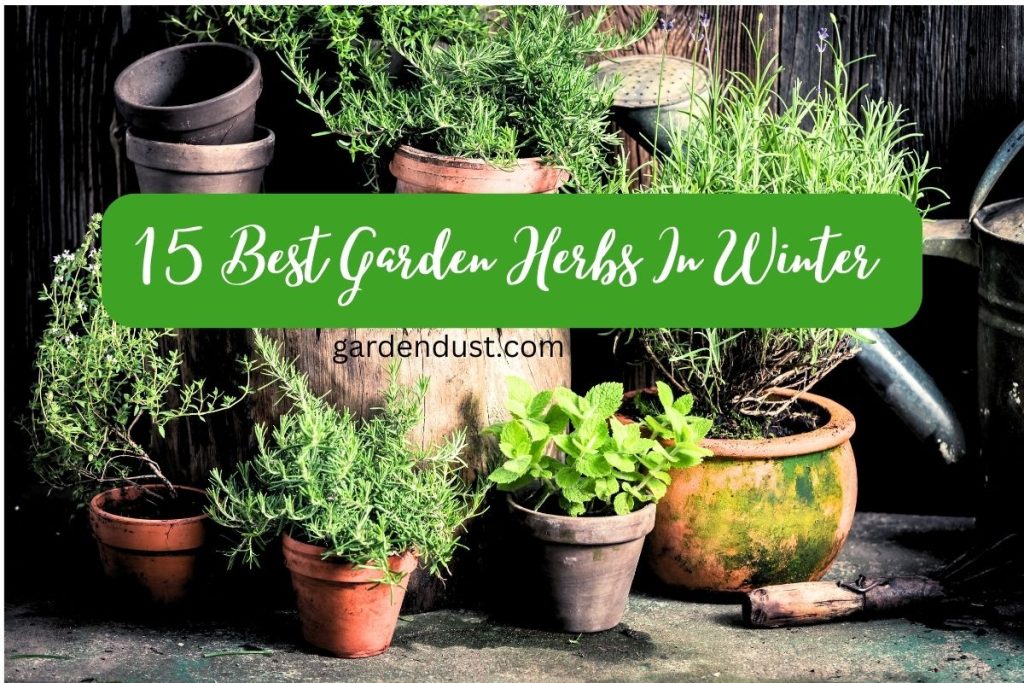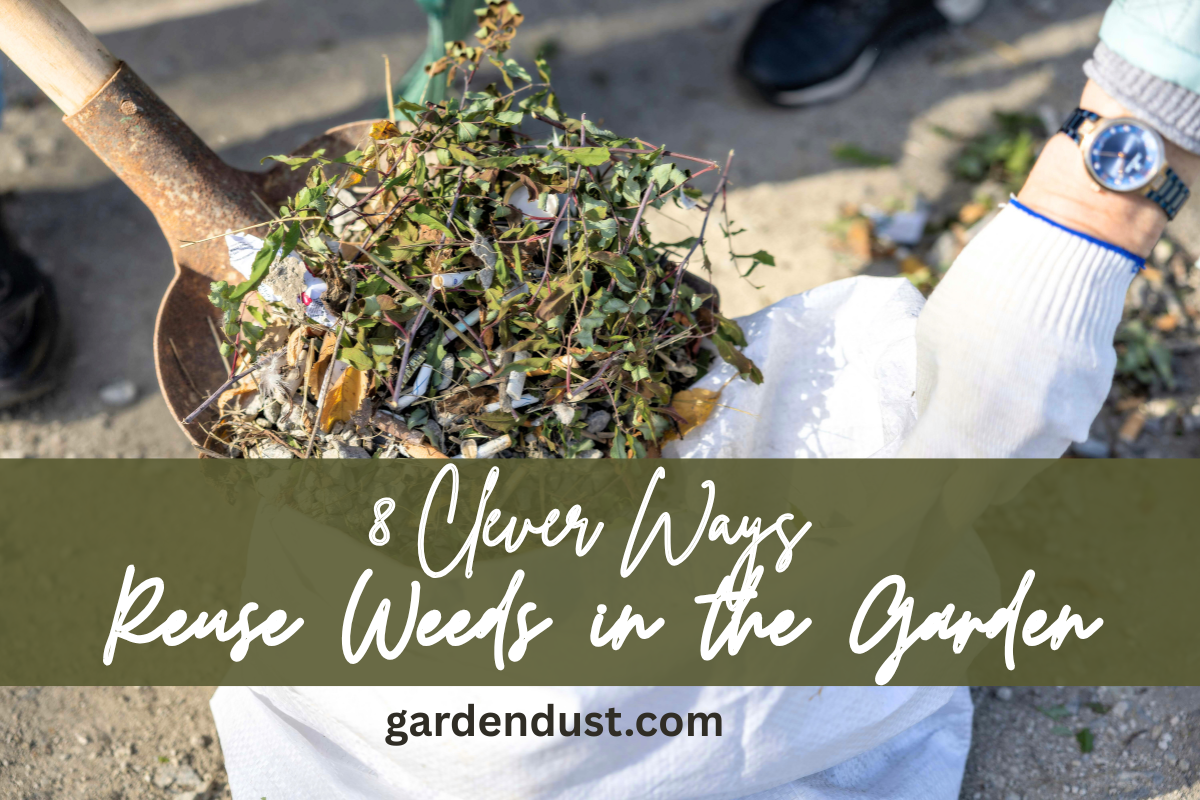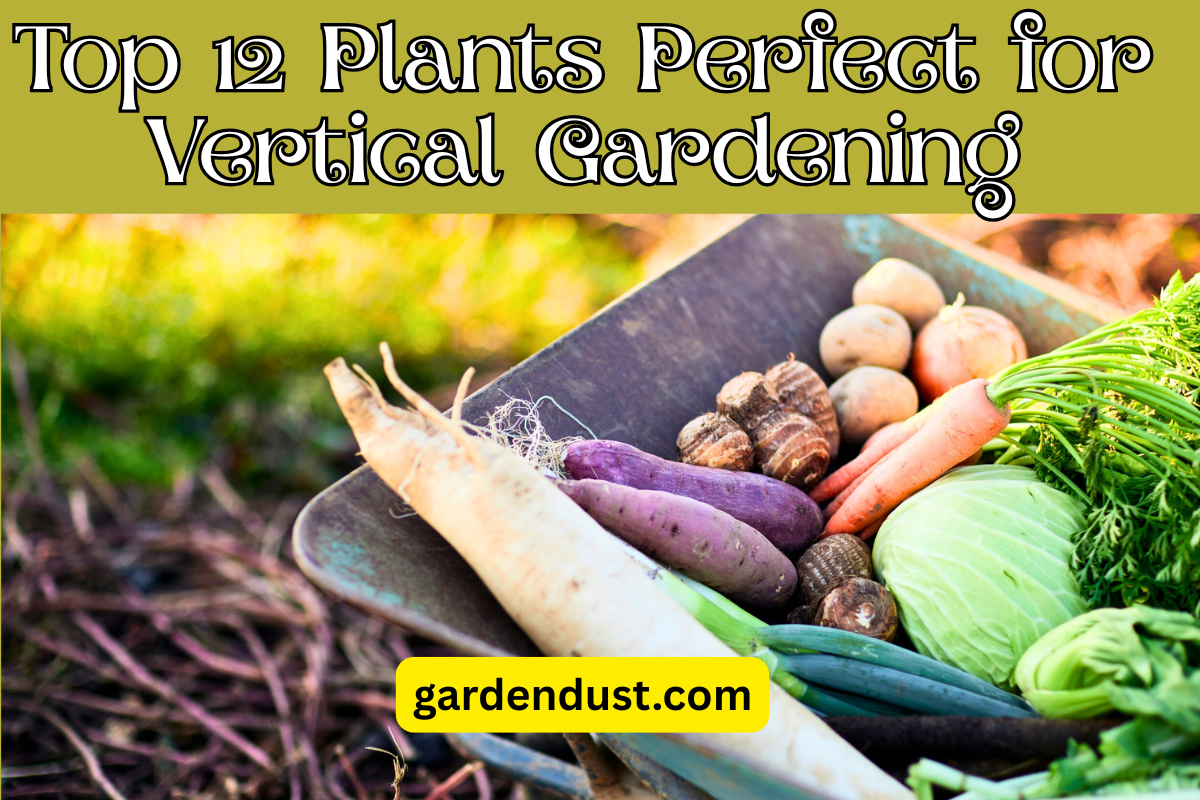As winter blankets our gardens with a layer of frost, many gardeners may assume that herb cultivation is reserved for the warmer months. However, with careful planning and the right selection of winter-hardy herbs, you can continue to enjoy fresh flavors and aromatic scents even during the chilliest season. In this article, we will explore the 15 Best Garden Herbs In Winter , providing detailed insights into their characteristics, care requirements, and culinary uses.
1-Rosemary (Rosmarinus officinalis):

Characteristics: Resilient and aromatic, rosemary is a woody herb that thrives in well-drained soil and ample sunlight.
Winter Care: Ensure proper drainage to prevent root rot, and provide protection from harsh winds.
Culinary Uses: Enhance winter stews, roasts, and soups with the fragrant, pine-like flavor of rosemary.
2-Thyme (Thymus vulgaris):

Characteristics: With small, flavorful leaves, thyme is a low-maintenance herb that adds depth to various dishes.
Winter Care: Plant in well-drained soil, and consider using mulch to insulate against freezing temperatures.
Culinary Uses: Ideal for roasts, stews, and savory winter casseroles.
3-Chives (Allium schoenoprasum):

Characteristics: Chives, related to onions and garlic, offer a mild, onion-like flavor with slender green shoots.
Winter Care: Plant in a sunny location and protect against extreme cold with a layer of mulch.
Culinary Uses: Add freshness to winter salads, omelets, and creamy soups.
4-Parsley (Petroselinum crispum):

Characteristics: A versatile herb with flat or curly leaves, parsley is rich in vitamins and adds a bright, fresh flavor.
Winter Care: Plant in well-drained soil, and water sparingly to avoid waterlogged roots.
Culinary Uses: Garnish winter dishes, or use in hearty soups and stews.
5-Winter Savory (Satureja montana):

Characteristics: A hardy herb with a peppery flavor, winter savory is well-suited for cold climates.
Winter Care: Thrives in well-drained soil, and benefits from a layer of mulch for protection.
Culinary Uses: Enhance the taste of beans, lentils, and winter roasts.
6-Sage (Salvia officinalis):

Characteristics: Known for its distinctive flavor, sage is a hardy herb with gray-green leaves.
Winter Care: Plant in full sun and well-drained soil, and provide protection from harsh winter winds.
Culinary Uses: Perfect for stuffing, savory winter dishes, and infusing oils.
7-Oregano (Origanum vulgare):

Characteristics: A robust herb with a pungent flavor, oregano is a resilient plant that can withstand winter conditions.
Winter Care: Ensure good drainage, and consider covering with a layer of straw or mulch.
Culinary Uses: Enhance winter Mediterranean dishes, sauces, and roasted vegetables.
8-Cilantro (Coriandrum sativum):

Characteristics: Known for its bright, citrusy flavor, cilantro can be grown indoors or in protected outdoor areas.
Winter Care: Provide well-drained soil and protect from frost, or grow indoors near a sunny window.
Culinary Uses: Add a burst of freshness to winter salsas, soups, and Asian-inspired dishes.
9-Parsnip (Pastinaca sativa):

Characteristics: Often overlooked, parsnip is a root vegetable with a sweet, nutty flavor.
Winter Care: Harvest after the first frost for improved sweetness and store in cool, dark places.
Culinary Uses: Roast, mash, or use in hearty winter stews.
10-Mint (Mentha spp.):

Characteristics: A fragrant and versatile herb, mint adds a refreshing element to both sweet and savory dishes.
Winter Care: Plant in well-drained soil and consider growing in containers to regulate its spread.
Culinary Uses: Brew winter teas, make mint-infused desserts, or add to lamb dishes.
11-Dill (Anethum graveolens):

Characteristics: Delicate and feathery, dill adds a distinctive flavor to a variety of dishes.
Winter Care: Plant in fertile, well-drained soil and protect from harsh winter winds.
Culinary Uses: Complement winter fish dishes, sauces, and pickles.
12-Wintergreen (Gaultheria procumbens):

Characteristics: Wintergreen is a creeping evergreen with a minty flavor, perfect for winter desserts and beverages.
Winter Care: Plant in acidic, well-drained soil and protect from extreme cold.
Culinary Uses: Infuse in winter-themed cocktails, desserts, or use in teas.
13-Coriander (Coriandrum sativum):

Characteristics: Coriander seeds and leaves provide distinct flavors; grow in containers for indoor cultivation.
Winter Care: Protect from frost, and provide well-drained soil.
Culinary Uses: Crush seeds for spice blends, and use leaves in curries, soups, and salads.
14-Lemon Balm (Melissa officinalis):

Characteristics: A member of the mint family, lemon balm offers a citrusy aroma and flavor.
Winter Care: Plant in well-drained soil, and consider growing in containers to control its spread.
Culinary Uses: Infuse in winter teas, desserts, and cocktails.
15-Fennel (Foeniculum vulgare):

Characteristics: Fennel has a licorice-like flavor and can be grown for both its bulb and feathery fronds.
Winter Care: Plant in well-drained soil and provide protection from freezing temperatures.
Culinary Uses: Roast the bulb, use fronds in salads, or infuse in winter liqueurs.
With careful attention to winter care and thoughtful selection, cultivating herbs during the colder months is not only possible but also rewarding. These 15 winter-friendly herbs not only bring fresh flavors to your winter dishes but also add a touch of greenery to your garden when the landscape may otherwise appear barren. So, don your gardening gloves and embark on a winter herb gardening adventure to savor the delights of these resilient and flavorful plants throughout the season. Happy Gardening….






